Is it true that no one can own a dance step? That is what video game publisher Epic Games is arguing in a motion to dismiss that it filed on February 11 in a federal case that was brought by Terrence “2 Milly” Ferguson.


Is it true that no one can own a dance step? That is what video game publisher Epic Games is arguing in a motion to dismiss that it filed on February 11 in a federal case that was brought by Terrence “2 Milly” Ferguson.
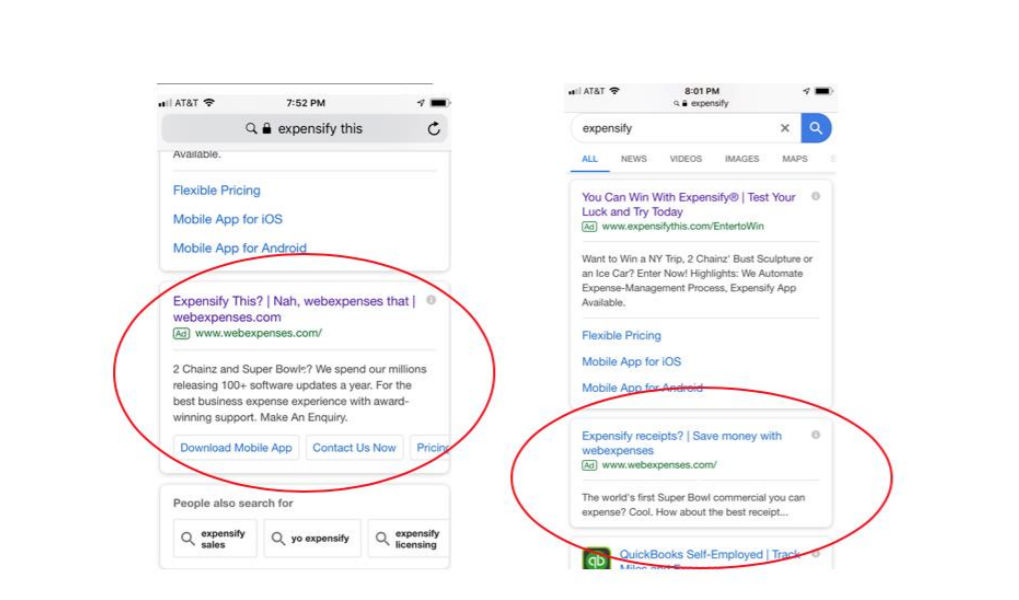
I thought that one of the better Super Bowl XLIII advertisements was delivered by Expensify, because it simply demonstrated the value of its service in an effective manner. It appears that a competitor is trying to benefit from Expensify’s Super Bowl exposure, which has led to the filing of a lawsuit by Expensify for trademark […]
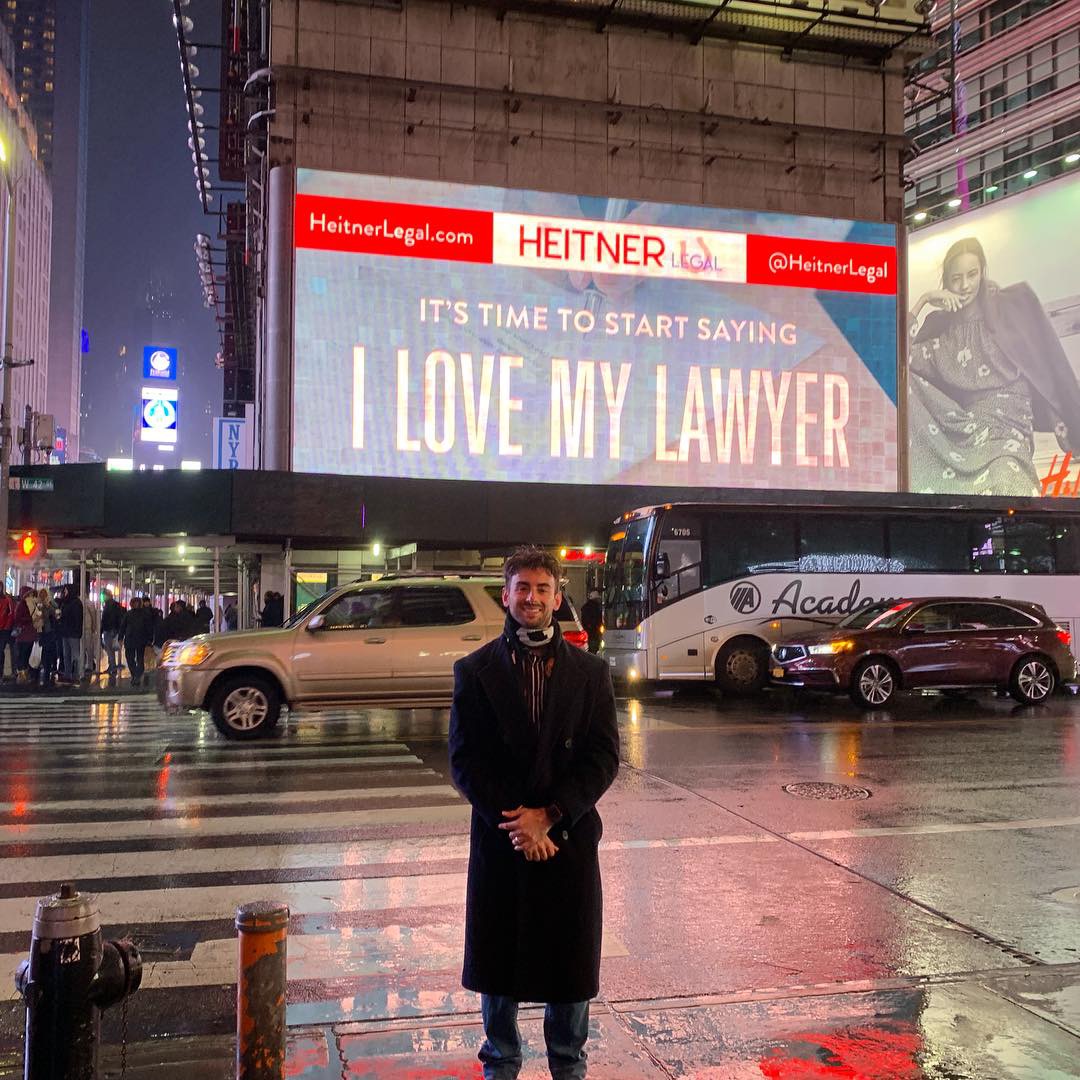
Branding is important in any industry. If you are familiar with HEITNER LEGAL, then you know that we take pride on our clients’ branding techniques as well as our diligence in protecting and enforcing intellectual property (such as trademarks) for our clients.
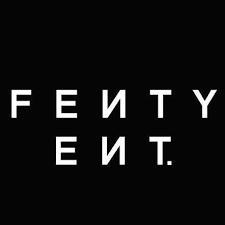
Ultra-successful singer and performer Rihanna, born Robyn Rihanna Fenty, has filed a federal complaint against her father Ronald Fenty and others. The Entertainment Law case is grounded in intellectual property, with claims that include invasion of privacy, false designation of origin and false advertising.
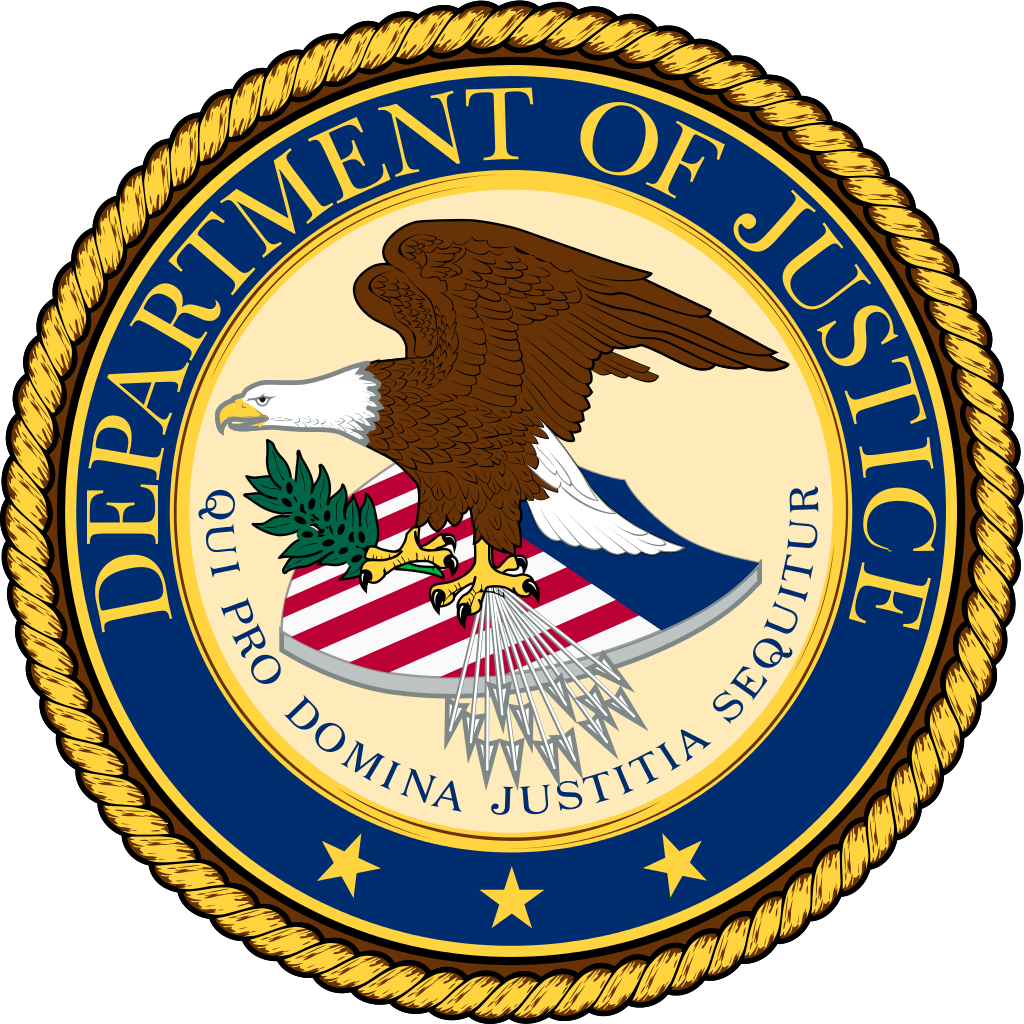
The Wire Act prohibits individuals involved in the business of gambling from transmitting types of wagering-related communications over “the wires,” which includes the Internet. It was originally enacted in 1961 and later clarified, in 2011, as a measure that is limited to having an effect on sports gambling.
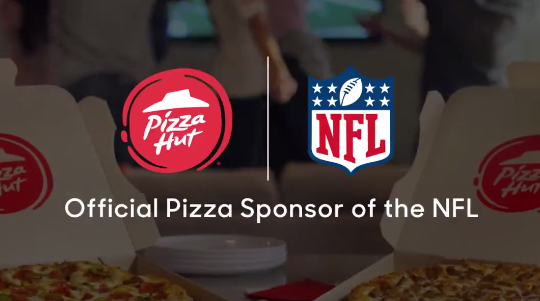
While a federal trademark registration is required to initiate a trademark infringement action in federal court, that is not the only enforcement mechanism for fighting a mark that you believe to be threatening your own. In fact, there is another method of frustrating an applicant who is in the midst of trying to register its […]

The U.S. Supreme Court is not only looking at an interesting trademark case, but also a copyright concern that has the potential to have a major impact on copyright infringement litigation.

A total of 458,566 trademarks were filed with the U.S. Patent and Trademark Office in 2018. That figure comes from a search of the Trademark Electronic Search System (TESS) conducted on January 8, 2019.

Everyone wants it, but nobody seems to know the best method to accomplishing it. In 2019, the aforesaid statement absolutely refers to Instagram verification. Being verified on Instagram is not only a status symbol. It helps with obtaining likes and followers, assists in the case that you have a dispute with Instagram and allows you […]
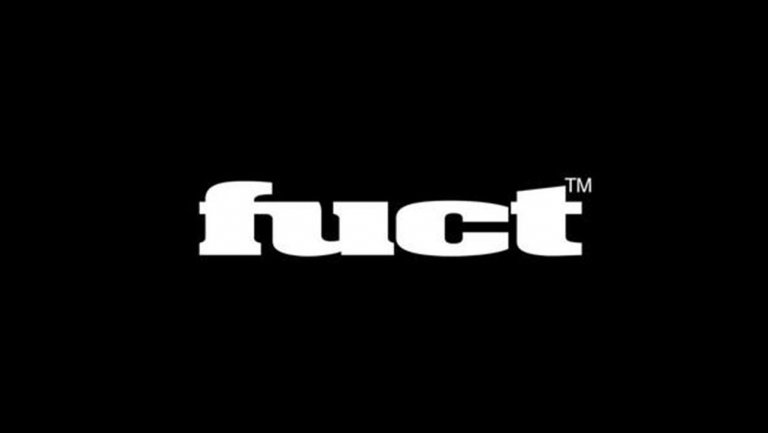
The U.S. Supreme Court has decided that it will hear a case that involves the refusal of a trademark application for the word “FUCT” in conjunction with its use on apparel. The U.S. Patent and Trademark Office previously refused registration based on the mark being deemed to be scandalous. The highest court in the U.S. […]
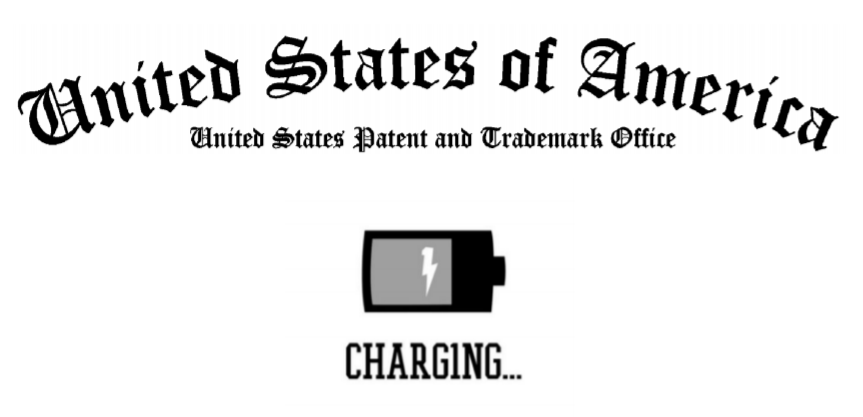
Whether it be an athlete, entertainer or corporate entity, Heitner Legal has grown to become one of the first law firms thought of for trademark application filings. That was certainly the case for former Ohio State and NFL quarterback Braxton Miller. Selected in the third round of the 2016 NFL Draft, Braxton Miller quickly decided […]

If you are looking for assistance with intellectual property issues, then Heitner Legal is absolutely a law firm you should consider. That is particularly true should you have a trademark matter, whether it be an interest in obtaining a registered mark, enforcing your trademarks or defending against infringement actions. The proof is in the pudding. […]